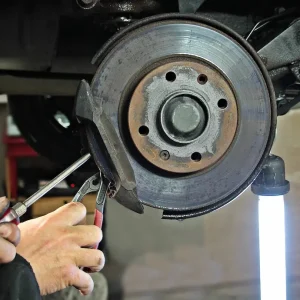Travel is now a key component of many businesses’ operations and has a direct impact on employee wellbeing. Yet research from Europcar Mobility Group UK found nearly a quarter (23%) of businesses do not apply any policies to manage employee wellbeing for travel. And for the smallest firms, employing less than 10 staff, this increases to 70%.
Employers have a duty of care to ensure employees are safe when driving for business and this should not be underestimated. Breaches in duty of care can result in criminal prosecution with substantial fines.
As we enter into the winter months, short days, reduced visibility due to heavy rain fog, drizzle or snow, icy roads and the chance of severe weather all make driving conditions hazardous and dangerous for the best of drivers.
To help staff understand the risks of winter driving, some employers run seminars while others use online training. But regardless of the time of year, eyesight tests, vehicle risk assessments, driver risk assessments, route risk assessments, hours driven and rest breaks are all steps employers can take to manage the risks associated with driving.
It’s also good to regularly review emergency procedures with staff so they know what to do in the event of an accident or breakdown.
Duty of care isn’t just a case of ensuring employees understand the dangers of driving in challenging conditions; vehicles used for work must be safe and fit for purpose. Employers therefore need to ensure maintenance measures are in place so that vehicles are prepared for the winter months. This may include checking the tread on all tyres, having anti-freeze in the windscreen water and making sure windscreen wipers are in good condition.
But if employees are using their own vehicles – grey fleet – making these checks becomes much more challenging. Potentially old and dangerous employee-owned cars may or may not be suitable for driving in wintry conditions.
This is where using vehicle rental can give business owners peace of mind when winter conditions hit. Rental offers a range of vehicles at short notice, which are on average less than 6 months old. This means vehicles not only have the latest safety features, but also they are fully checked and maintained for roadworthiness. And crucially, rental vehicles are fully covered by 24-hour roadside assistance, so employers know their staff will have help and support should they need it.





